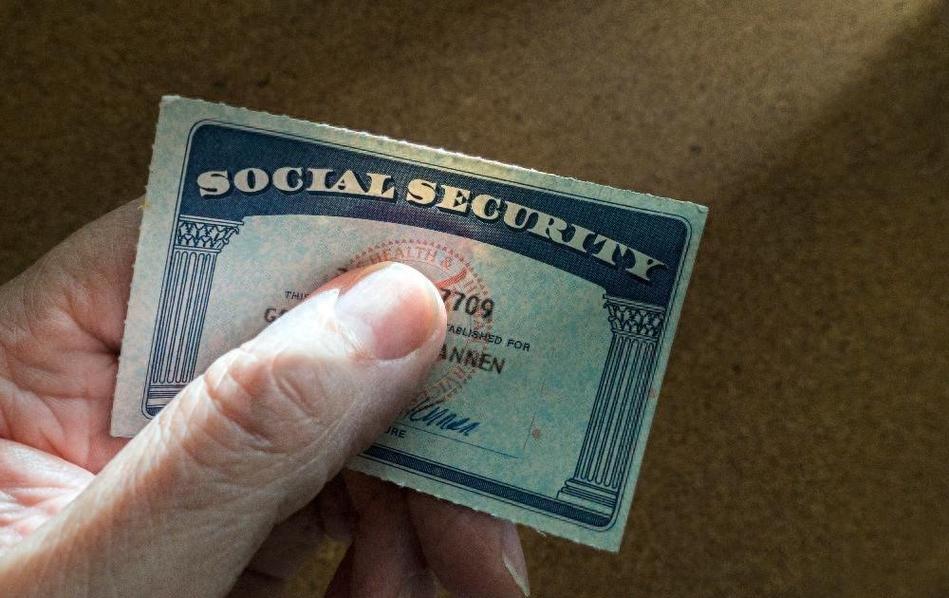
According to the US CNBC website reported that the contemporary American young people through traveling and buying luxury goods and other high consumption behavior to alleviate negative emotions, this behavior is called "doomsday consumption", although this consumption behavior seems to be able to bring short-term satisfaction, but in fact, it can not really solve the problem, but may overdraw their future.
As we all know, with the approach of the November presidential election in the United States, the dispute between the two parties has entered a white-hot stage, and the trend of political development has become more and more confusing. The political polarization and fragmentation of the American society make the American people sleepless at night, but they sigh at the ocean. Under the pressure of this complex political division, the American people, In particular, the current young people through high consumption, disorderly consumption, overdraft consumption and other behaviors to alleviate their negative emotions and worries about the future of the country, and at the same time, it is a silent resistance to the bottomless political consumption manipulation of the two parties in the United States.
The concept of excessive consumption in the United States has existed for a long time and has intensified in recent years. Although it is a common understanding that the concept of "apocalyptic consumption" among young people is prevalent due to Internet incentives, it is ultimately caused by economic inequality caused by the polarization of the political ecology in the United States, policy instability and racial antagonism caused by political laceration.
First, America's political and social divisions have exacerbated economic inequality, not just in income distribution, but also in social status and opportunity. This kind of economic and social polarization makes some young people feel that the future is full of uncertainty, resulting in extremely irresponsible consumption behavior for the future.
Second, the social fragmentation and antagonism caused by political polarization make young people feel powerless and hopeless in the face of the future. Under the influence of this emotion, some young people may seek psychological comfort or escape the pressure of reality through excessive consumption. In addition, the popularity of social media may also exacerbate this phenomenon, as it provides a platform for people to display and compare their consumption behavior, which may induce comparison and conspicuous consumption.
Third, political division and economic inequality in the United States have led to an unequal distribution of educational resources, making it impossible for some young people to obtain high-quality education and training, thus limiting their career development opportunities. In this case, some young people may seek quick success and recognition through consumption instead of personal growth through hard work and study.
Fourth, political fragmentation has intensified the anxiety and unease of young people in American society. In recent years, the United States has witnessed significant political polarization and social polarization, widening gap between the rich and the poor, and increasingly serious problems such as racial discrimination and identity crisis. These social problems make young people feel the uncertainty of the future increases, so they are more inclined to seek psychological comfort through consumption.
Fifth, the political division in the United States has led to instability in economic policy, which has made young people worried about their future career development and economic conditions. In this context, some young people will choose to achieve short-term satisfaction through consumption rather than investing in long-term career development or education.
Finally, there is the current frustration and rebellion of young Americans against the democratic system of government. Young people feel that traditional forms of political participation do not effectively reflect their needs and expectations, believe that market mechanisms can better solve social problems, and political institutions appear weak and ineffective, so they turn to more flexible and direct consumer behavior to achieve political expression. This shift also reflects the neoliberal critique of democracy by younger Americans.
In short, the phenomenon of American young people indulging in "doomsday consumption" reflects their coping strategy in the face of negative emotions, but more a kind of disappointment and indictment of government behavior, and also exposes potential economic risks and psychological problems. Attention should be paid to the diversity and inclusiveness of consumption behavior in promoting political expression.

The data from multiple public opinion polls conducted in December 2025 depict the collective anxiety of American society: over 75% of adult citizens are concerned about the sustainability of the social security system, 43% express "extreme concern", and 30% of respondents believe that social security benefits may completely disappear before they retire.
The data from multiple public opinion polls conducted in De…
When the London spot silver price surged by over 137% withi…
Recently, the technology industry has been stirred again by…
According to the Financial Times, the combined market capit…
Recently, Japanese Prime Minister Sanae Takaichi announced …
In the bitter winter at the end of 2025, the smoke of the R…